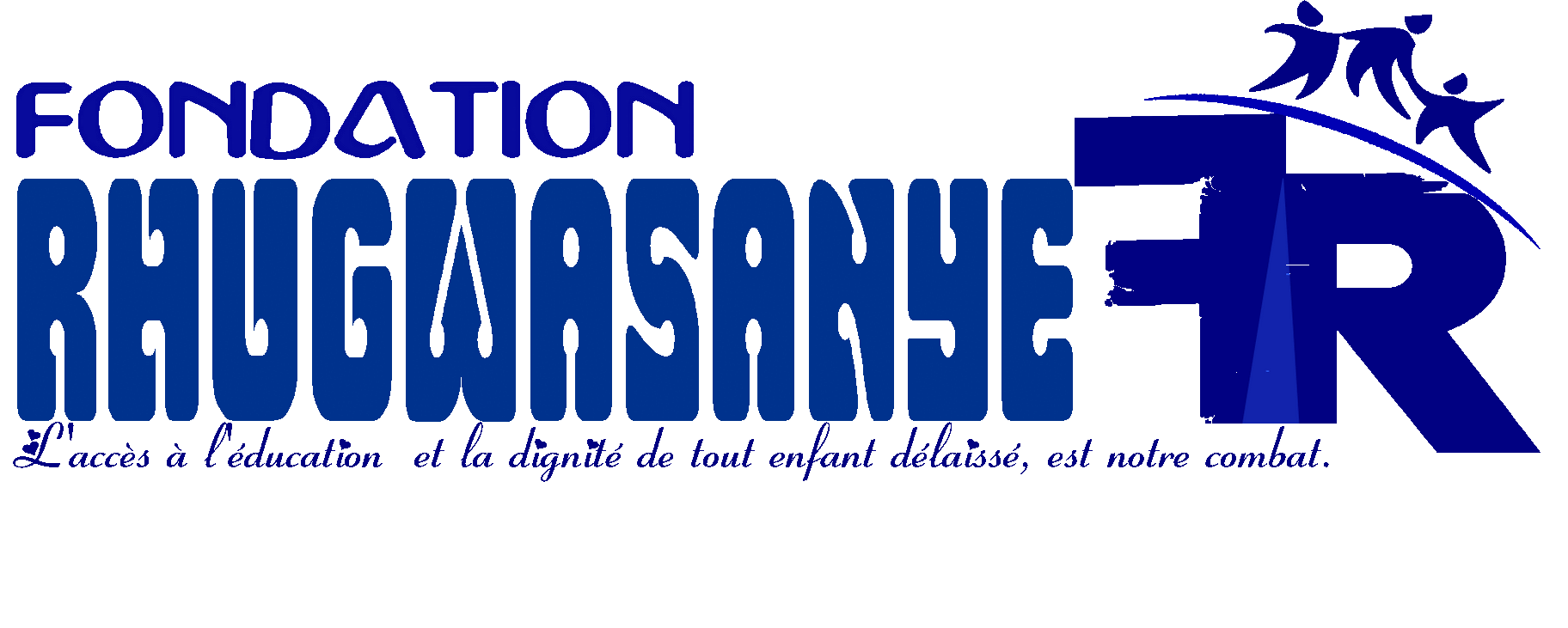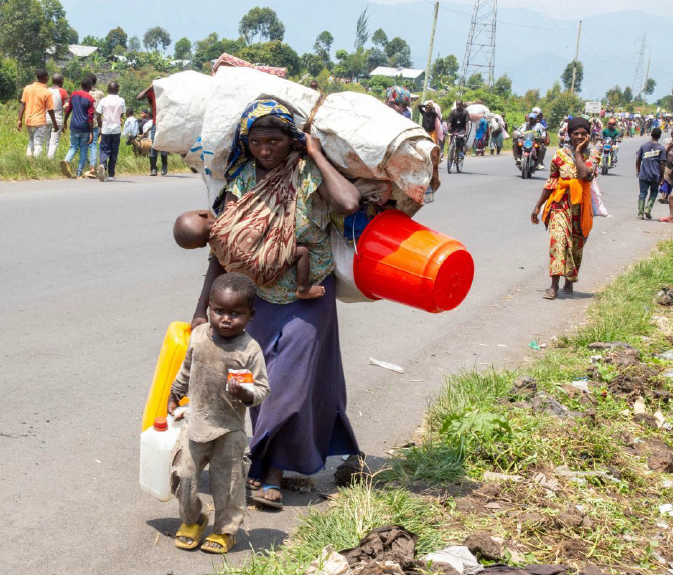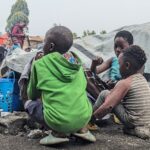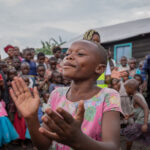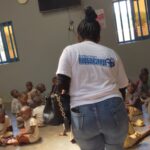At the end of January 2024, the war was drawing closer to the center of Goma. We learned that the town of Sake, 27 km from the center of Goma, was under threat and that most of the displaced people who were in the surrounding villages had just moved to the Sake camps.
We sent teams there to carry out preliminary consultations and meet exhausted people from places like Kirotche, who were in the process of settling in the Sake refugee camps under the psychosis of explosions and bombs falling everywhere. Among them was a 15-year-old girl who had just given birth.
In front of us were thousands of families, children, women, men and old people, who after two days’s rest in sake were forced to come to Goma to seek shelter. For many of them, they didn’t know where they were going. Our teams didn’t have much, but we did have an Internet connection, which enabled us to send out appeals to the people in Goma so that we could deliver water according to each person's ability. This enabled us to give water to more than 1,000 children and 500 women.
Emergency medical support
We didn’t have enough resources, but we had to act. We set up teams of public health volunteers who were able to set up a mobile clinic that was able to carry out preliminary consultations, and emergency consultations before referring patients to major hospitals, and volunteers who provided bandages and first aid to relieve some people who were almost at the end of their tether and who were really in need.
But as is our custom, we have also mobilized teams of volunteers to raise awareness and organize these people into hygiene committees for each block, so that we can at least guarantee sanitation in the reception sites, because experience shows that epidemics soon break out once people have settled in, due to the overcrowding that is often one of the major
characteristics of the sites hosting displaced people.
Emergency psychological support
We set up a team of psychosocial assistants to deal with those who arrived in distress, who were in shock from the bomb explosions that we could already expect to see in reception sites for over a month. We called on volunteers for two days to prepare porridge and ensure that the children at least had something to satisfy their hunger. But before long, the action was extended even to the adults; everyone was hungry. We’re doing this as part of the relief effort before the big international organizations arrive and perhaps make much more substantial packages available.
General mobilization for the benefit of children and families
- Distribution of nutritional supplements to over 800 children for 25 days
- 80 jerry cans and 500 cups distributed to families without utensils
- 64 homeless families with children benefited from tarpaulins
- 50 mattresses distributed to 50 breastfeeding and pregnant women
- 3,800 women and 2,350 men regularly taught about hygiene
- 26 mediations carried out as part of peaceful conflict resolution.
- 66 volunteers mobilized over the last three months to organize emergency aid for children.
